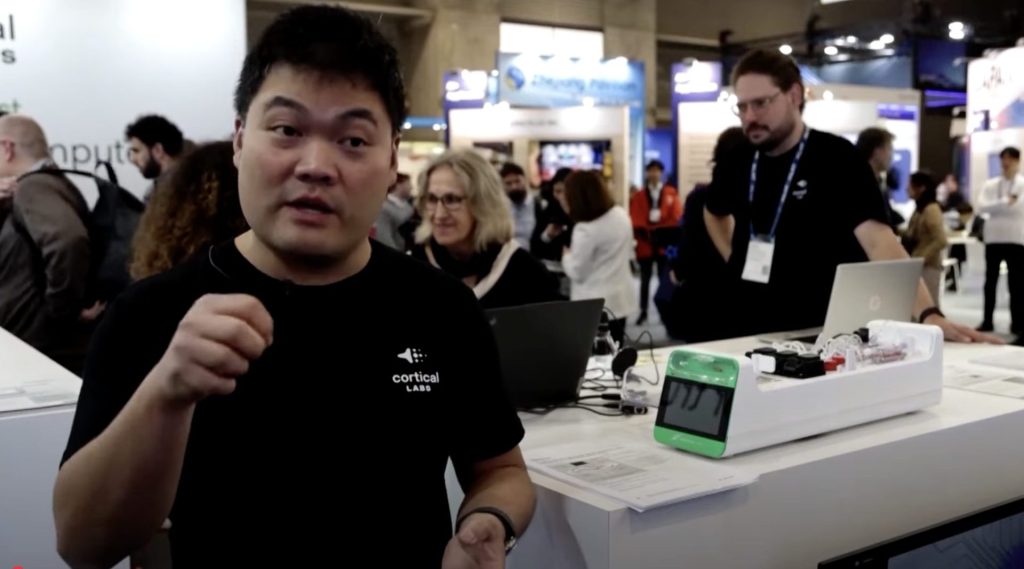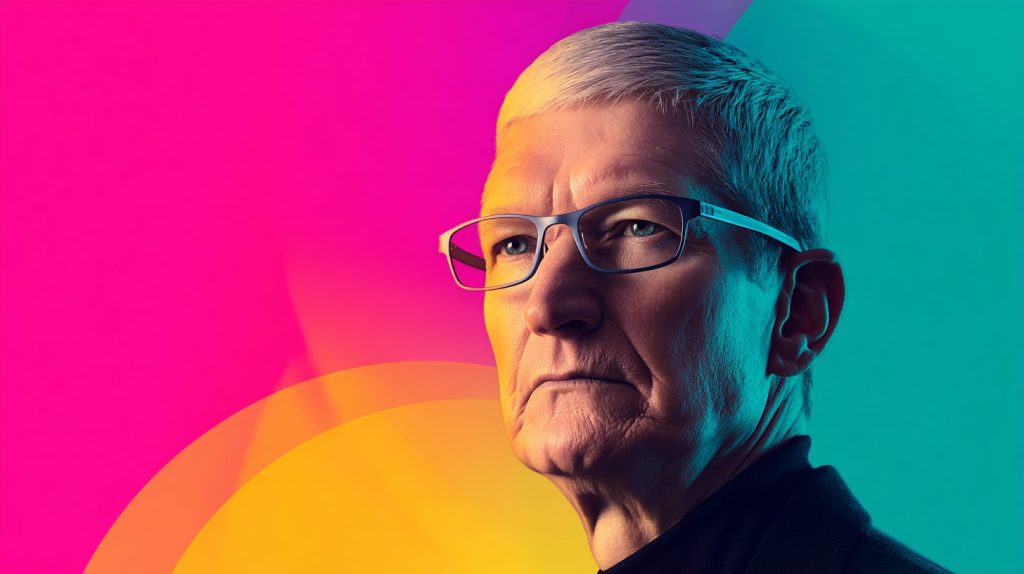CREDIT: AI UNCOVERED
First reports are coming in that the future of artificial intelligence may not be purely electronic but biological. Cortical Labs has just taken this once-futuristic idea and turned it into reality with the launch of their groundbreaking CL1 bio-computer.
Unveiled recently, this isn’t your ordinary AI chip. Unlike standard AI, which consumes extensive energy and requires lengthy training sessions, the CL1 learns rapidly and efficiently by mimicking the natural processes of the human brain. It achieves this by harnessing human brain cells converted from stem cells, enabling continuous learning and adaptation—just like our own brains. This fascinating innovation learns and evolves in real-time, significantly reducing energy consumption while providing exceptional performance.
Dr. Hon Wang Chong, founder and CEO of Cortical Labs, described this moment as “the biggest milestone” in the company’s history. What’s extraordinary about CL1 is that it doesn’t require sophisticated hardware or extensive software expertise. Users, from researchers to innovators, can remotely tap into its capabilities through the cloud, opening unprecedented opportunities for advancements in medicine, robotics, and technology innovation.
Imagine a biological system powering discoveries in pharmaceuticals, enhancing clinical testing, or even enabling smarter and more customizable robots. By harnessing human-derived stem cells, Cortical Labs has created a minimal yet fully operational brain-like system that could revolutionize everything from medical research to robotics.
The CL1 is a significant advancement over previous experiments like the ‘Dish Brain,’ which initially caught the world’s attention in 2022. Now, with a simplified design and stable performance, the CL1 could dramatically impact fields struggling with complex biological processes.
Ready to dive deeper into the cutting-edge world of biological AI? Drop your thoughts in the comments below—what excites or concerns you most about bio-computing? Watch the full video here:
Q&A:
- What is a bio-computer?
A bio-computer, like the CL1, combines living brain cells with electronic systems to create a highly adaptable and energy-efficient computing device capable of learning in real-time. - How does CL1 differ from traditional AI?
CL1 uses actual biological neurons that learn faster, use less energy, and evolve continuously, unlike traditional silicon-based AI systems.
Ready to dive deeper into fascinating AI innovations? Sign up for our AI newsletter and never miss a breakthrough story!
Let us know your thoughts in the comments!
If you’re exploring how AI can drive real results for your team, our AI Consultancy Services might be exactly what you need — check it out now!


